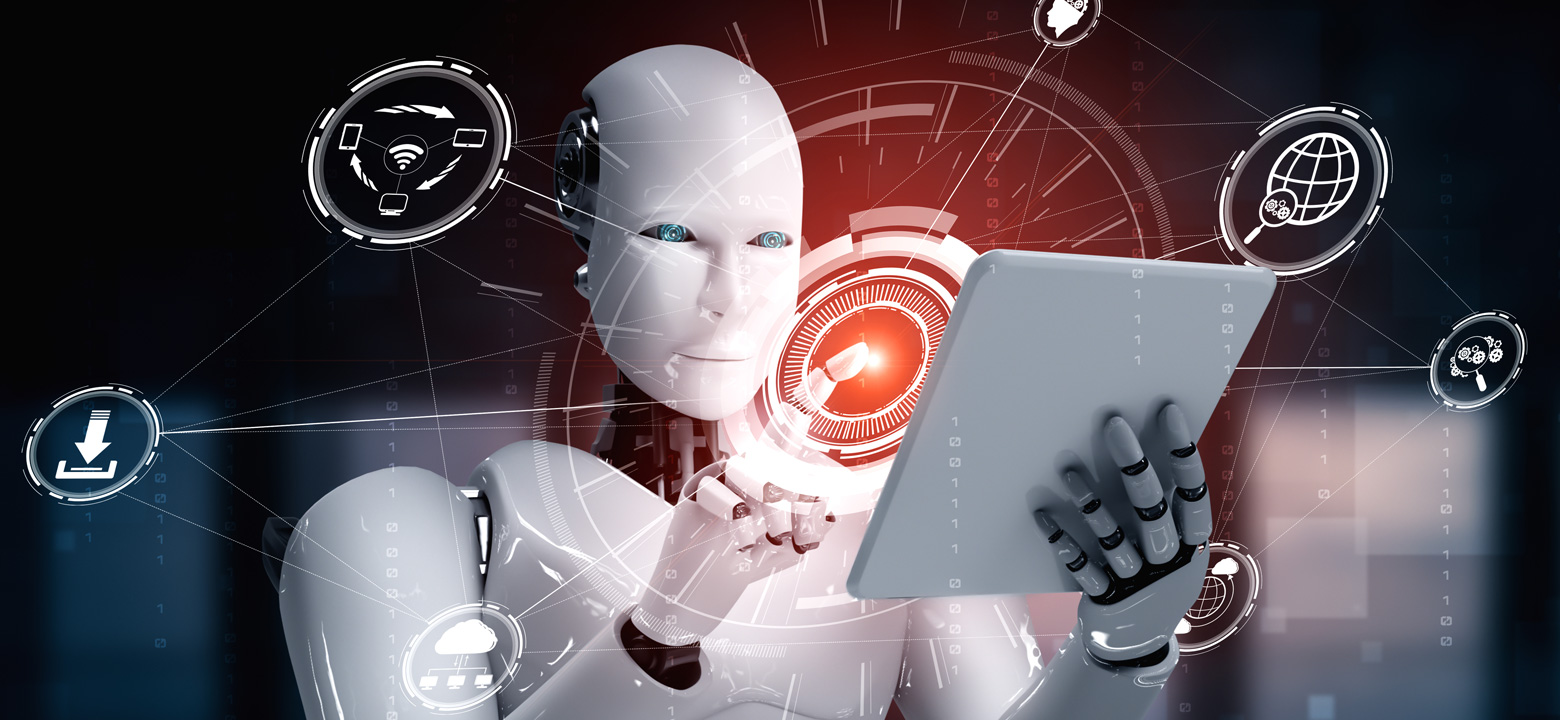
Automation is a double-edged sword. In an ideal setting, it frees up employees for higher-priority tasks. However, there's also the undeniable fact that it can allow employers to trim their workforce, costing some people their jobs. How will this affect the engineering industry?
Savvy business owners are seeking to automate every operation they can, in order to increase efficiency, decrease the risk of human error, and cut costs. They're also working to make their operations more agile, especially after the effects of the pandemic—it's never been more important for a business to be able to weather natural disasters and shifts in the workforce. With as many as 54% of adults expressing hesitancy to stop remote work and return to brick-and-mortar locations, the more employers can keep their business from tying itself to a physical building, the better.
This opens up more opportunities for automation. Regular maintenance tasks don't necessarily need to be handled by people, nor do many customer support responsibilities. While most employees have embraced the shift towards a flexible, digital workplace, it has a number of people understandably concerned for their jobs.
Automation is likely to cost a number of people their jobs, but this trend won't be as widespread as it might seem. Few people have jobs that can be handled entirely by a robot—rather than losing their positions, they're likely to experience a change.
Engineering is a skilled role. Most of it requires a human's ingenuity and ability to “think around corners.” While there are many who handle maintenance tasks that can be automated, they still aren't easy to replace. Instead, the majority will likely train for a new set of responsibilities.
If this sounds like a daunting task, it's less complicated than it sounds. Interestingly, Forbes recently conducted a survey of of mobile engineers whose roles had changed due to automation. Almost 75% of respondents said that they preferred their new positions to their pre-automation jobs. Robots aren't here to replace humans. They're here to make things run smoother and more efficiently, allowing humans to take on more fulfilling tasks.
Automation isn't suitable for every process. For those who are worried about losing their job to a robot, there's an idea termed the “technological bottleneck.” This is a set of criteria that give a rough idea of how likely a given role is to be automated.
There are three key considerations at play here:
Jobs that require a high degree of one or more of these things are much less likely to be automated. As much as artificial intelligence has advanced, there are still some areas where humans outperform robots.
Following the idea of the technological bottleneck, there are several reasons why engineers aren't likely to lose their jobs. For one, some areas of engineering—computer science in particular—are likely to see an increase in demand as humans become more dependent on devices and connectivity.
Secondly, engineers often work in teams. This requires social intelligence and a solid set of soft skills. Automation can't yet handle morale boosting, motivation, managing team relationships, or the other things that come along with working alongside people. Few humans, engineers or otherwise, would feel very good about being managed by a robot.
Lastly, robots lack intuition and have limited creativity. While an algorithm can process data and come to a conclusion, it lacks the other senses humans possess. Human intuition and creativity increases the risk of mistakes, but it also leads to innovation. Robots can calculate and formulate responses, but humans are able to respond to changing situations in a much more fluid, flexible manner.
Ultimately, robots are good at handling low-priority, repetitive tasks. Artificial intelligence is only as good as the data its trained on, which means that it excels at processes that don't deviate very much. When it comes to real-world problem solving and ingenuity, automation has yet to surpass human ability. While many engineers are likely to see their jobs change as more workplaces embrace artificial intelligence, engineering jobs are much more likely to increase than decrease.